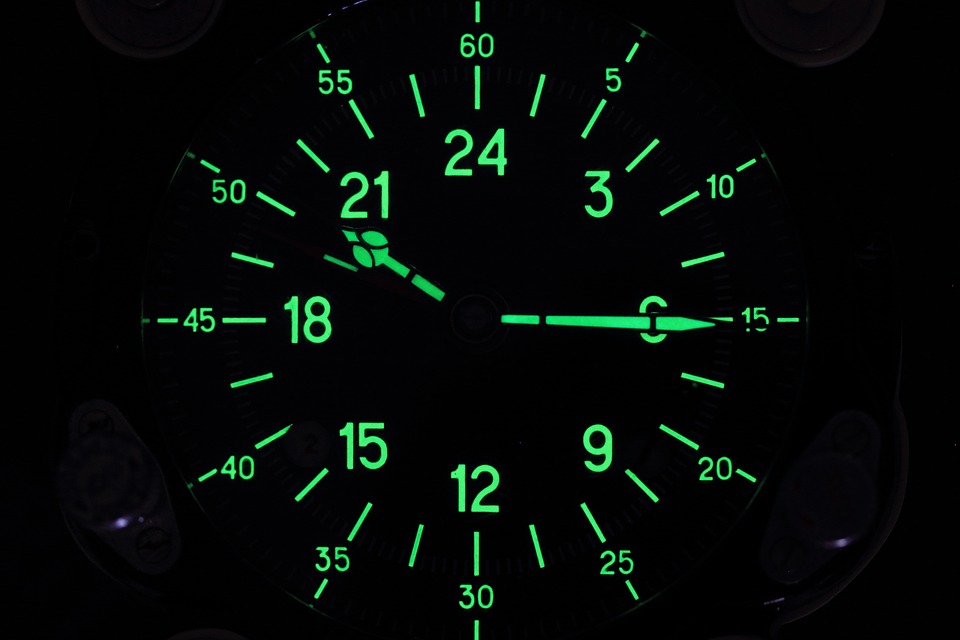
Becoming a doctor is a long and arduous process. It involves many years of study and more of practice. It is inconceivable that this process leaves those who go through it untouched. This process is called professional socialisation. It confers values, and behaviours on the participants, and these help to mark our profession out from other groups in society.
The following reflection is from Dr Ciara Deall, a trainee plastic surgeon, recalling events which took place on a flight to North America, and in which her training allowed her to offer a stranger comfort, despite being off duty – a state that perhaps is never truly realised by those whose vocation is the practice of medicine.
We had cleared the west coast of Ireland and I was beginning to relax on flight AA365 heading for New York and a weeklong, intensive microsurgery course. Just time to let go of a non-stop week of on-call mayhem and enjoy some inflight entertainment to help wind down.
The intercom interrupted abruptly: “Hi, this is the chief steward, will any medically trained passengers please make themselves known to the crew; we have an emergency.” Almost without thinking I found myself standing up and telling a stewardess I was a doctor, before wondering what I might be letting myself in for – a stroke, anaphylaxis, heart attack, choking? Was I the only one?
The 19-year old girl was doubled up in agony, clutching her stomach, clearly very frightened and panicky. “Hi, I’m a doctor.” She was French and couldn’t understand much English. However, her GCS was 15, pulse and respiratory rate were raised but in range, she was not breathless and on eyeballing her from the aisle, she was in pain, but not acutely deteriorating.
The stewardess asked if there was anything I needed. “An interpreter please.” Not quite what she had been expecting, but after another intercom request, the perfect match was found and I made rapid progress in establishing my patient wasn’t pregnant, had no fevers, no urinary symptoms or diarrhoea, but had been out the night before eating too many different foods and drinking too much alcohol with subsequent vomiting episodes. Her pain was 4-5/10, crampy in nature and relieved by lying down. On abdominal examination she had very mild generalised tenderness, but a completely soft abdomen with no guarding or rigidity; bowel sounds present.
Her panic was subsiding fast with my apparent calmness as I completed the full history and examination. I was offered an astonishing state-of- the-art medical kit and pointing to an endless array of emergency drugs, including adrenaline, atropine and morphine, the stewardess invited me to help myself to whatever I wanted! I almost felt guilty in only using the sphygmomanometer and some mild pain relief, explaining the other drugs could severely harm or even kill her!
My patient settled to rest lying down, with water to hand for her dehydration. I promised to be back in 15 minutes. The crew were effusive in their gratitude and what it meant to them to have an ‘expert’ on hand. They recounted some past horror stories where no one had volunteered. Unwittingly I had calmed their nerves as well.
Back in my seat I reflected for a while on my encounter and realised the potential vulnerability of tens of thousands of long haul travellers daily and their attending cabin crew. Crossing immense oceans a truly sick person could be many hours away from trained medical staff and properly equipped facilities, unless there happened to be a willing, qualified passenger on board; clearly a gamble that is a daily occurrence. I was glad of my ATLS training, recognising it could be called on at anytime, anywhere, even at altitude.
Furthermore, it was a reminder of the unique (and privileged) position that doctors have, where particularly in emergency situations, complete strangers are willing to put their absolute trust in us. Even when we least expect it, the way we conduct ourselves and the skills we deploy can have a profound effect on those around us, for both patient and onlookers. No one cared whether I was a junior doctor or not. At 38000 feet I was valued for my willingness to offer and use my expertise. It was a sobering, almost humbling thought and without overstating it, I reminded myself that we are never completely ‘off duty’.
My patient slept. On waking she smiled feeling much improved and couldn’t thank me enough. Approaching New York, the stewardess asked if I had space in my carry-on for a bottle of their best champagne. I did!
At the end of the flight I accompanied my French charge off the plane. Another fascinating day in the life of a junior doctor.